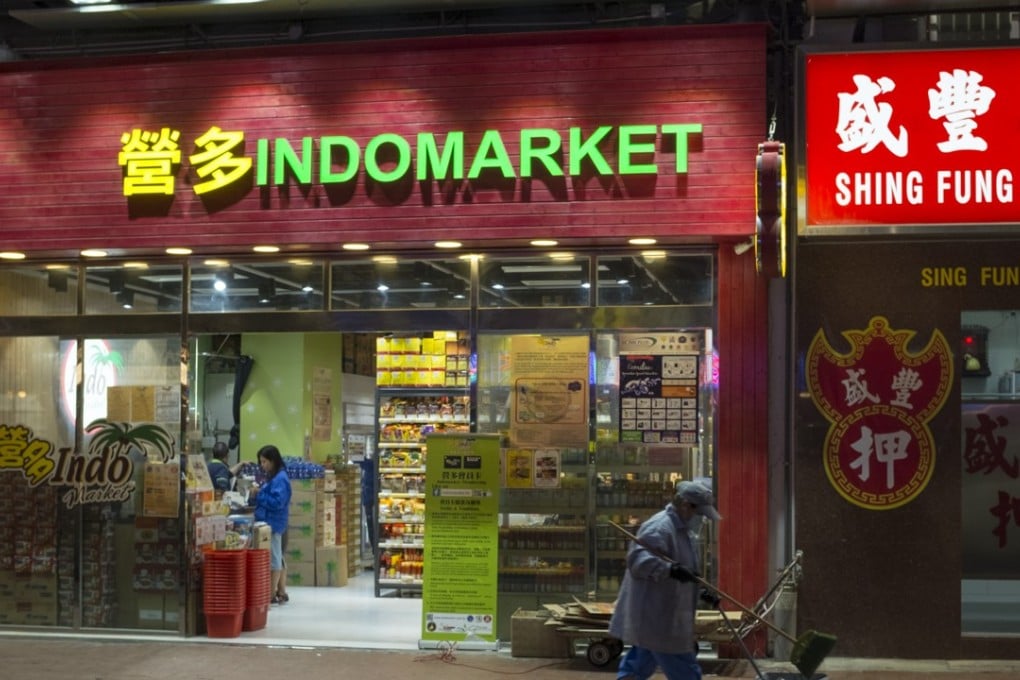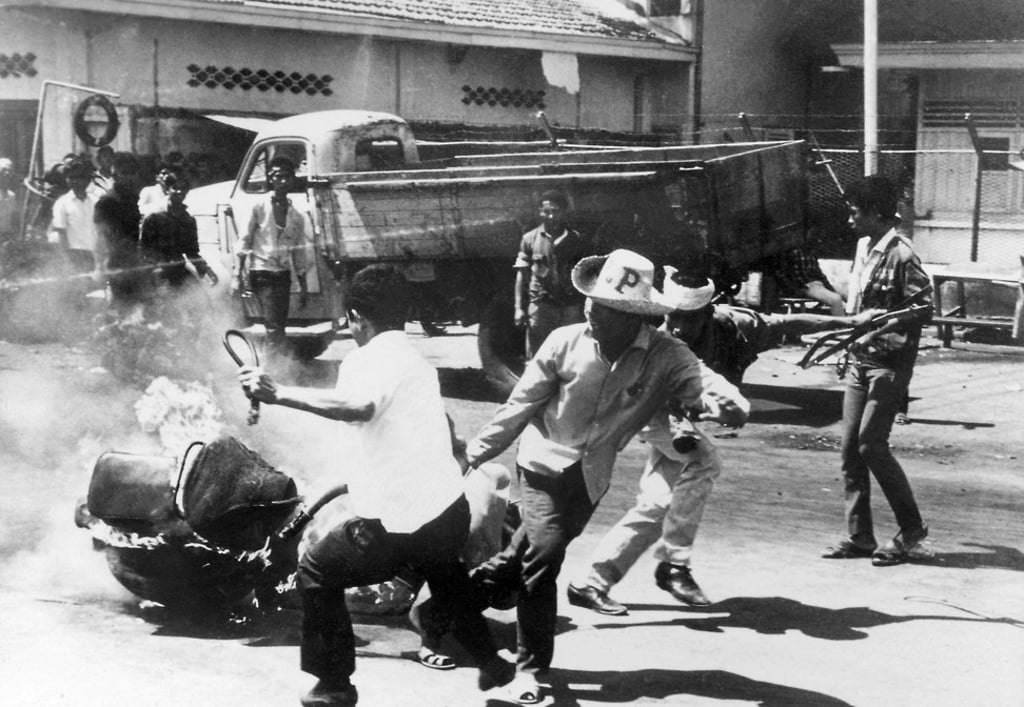Then & Now | How overseas Chinese answered China’s call to return ‘home’, but couldn’t take the culture shock and left, many for Hong Kong
Hong Kong owes its Indonesian Chinese hubs to the thousands of Chinese from Southeast Asia who answered Zhou Enlai’s call to return and help their ancestral homeland ‘stand up’, but fled in the face of severe culture shock

In the aftermath of the Communist assumption of power in 1949-50, and the dawn of a bright new day for China that the Nationalist collapse initially signified, an unusual development occurred. Thousands of Southeast Asia-born ethnic Chinese – most from newly independent Indonesia – moved to China, in response to the cultural pull of their ancestral homeland and premier Zhou Enlai’s call for them to “return” and help China “stand up” in the modern world.
Manufactured patriotism for an ancestral homeland that most Chinese families had left at least two generations earlier was an extraordinary Nationalist-era success that greatly benefited the early People’s Republic.
Providing Mandarin-language schools, qualified teachers and Sino-centric textbooks to Southeast Asian Chinese had been a Nationalist policy since the late 1920s, with the aim of creating a generation of overseas Chinese who identified with China as a nation-state, rather than a cultural idea.

